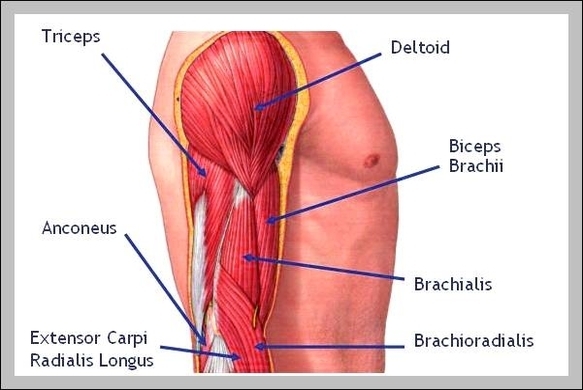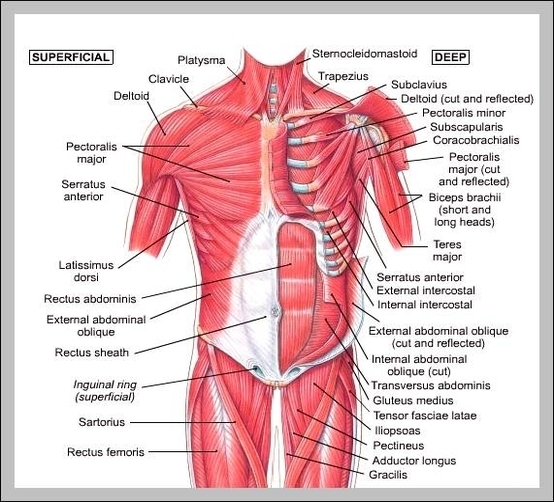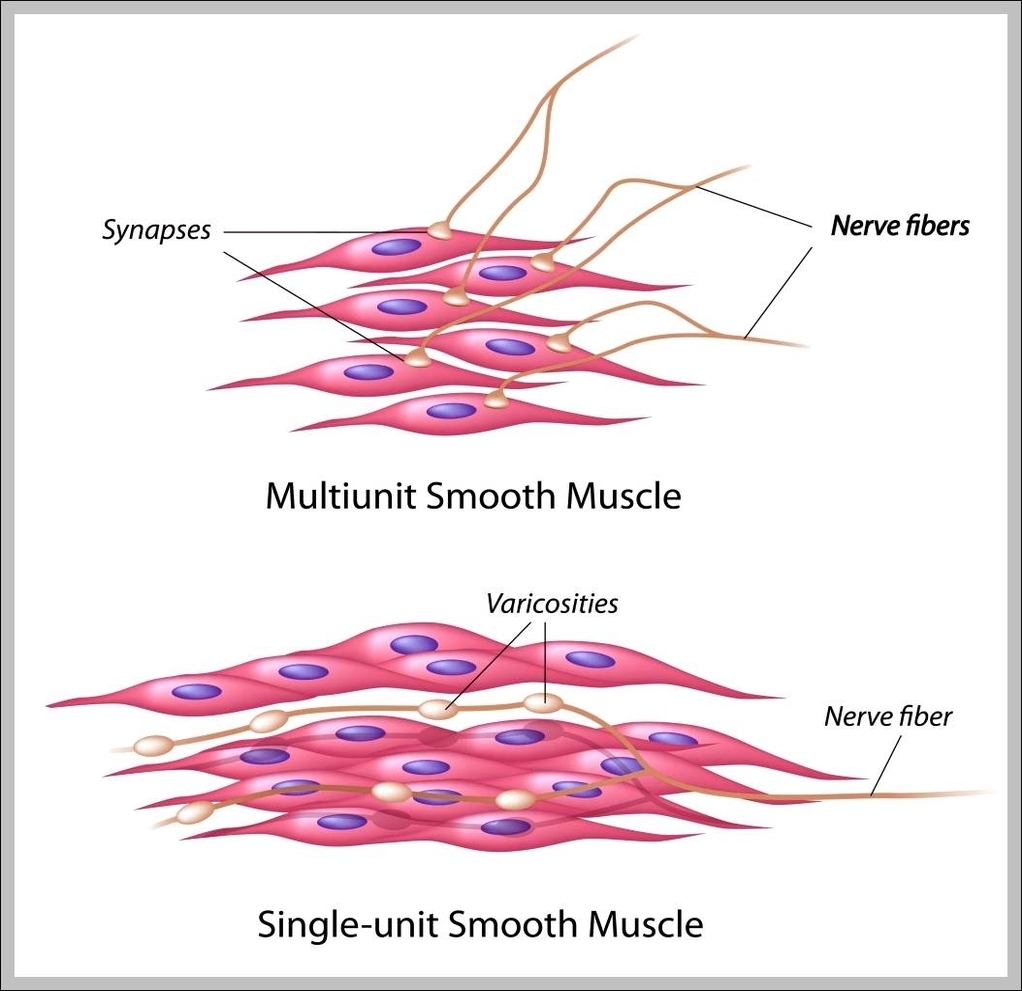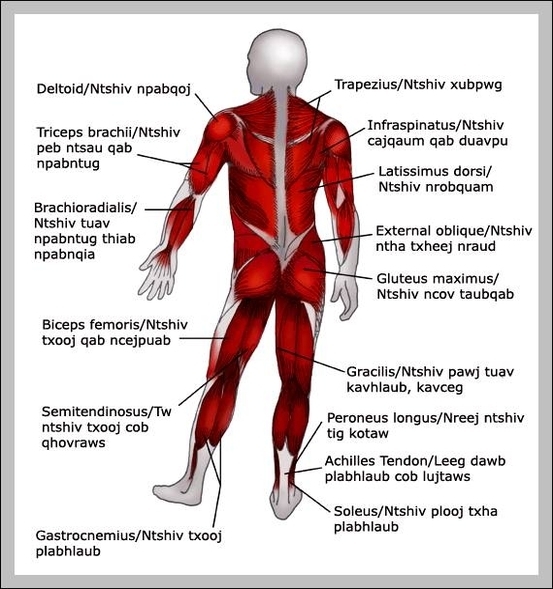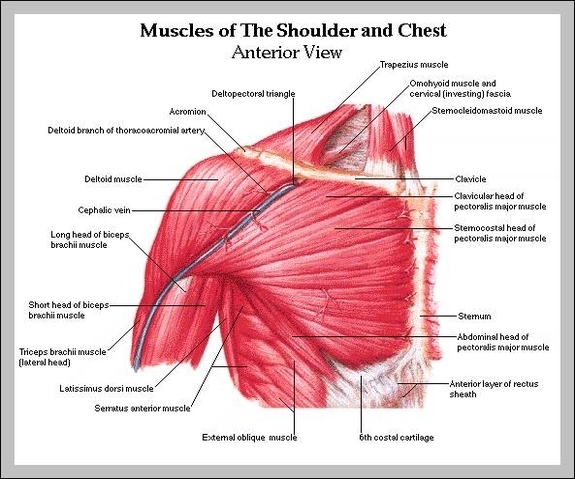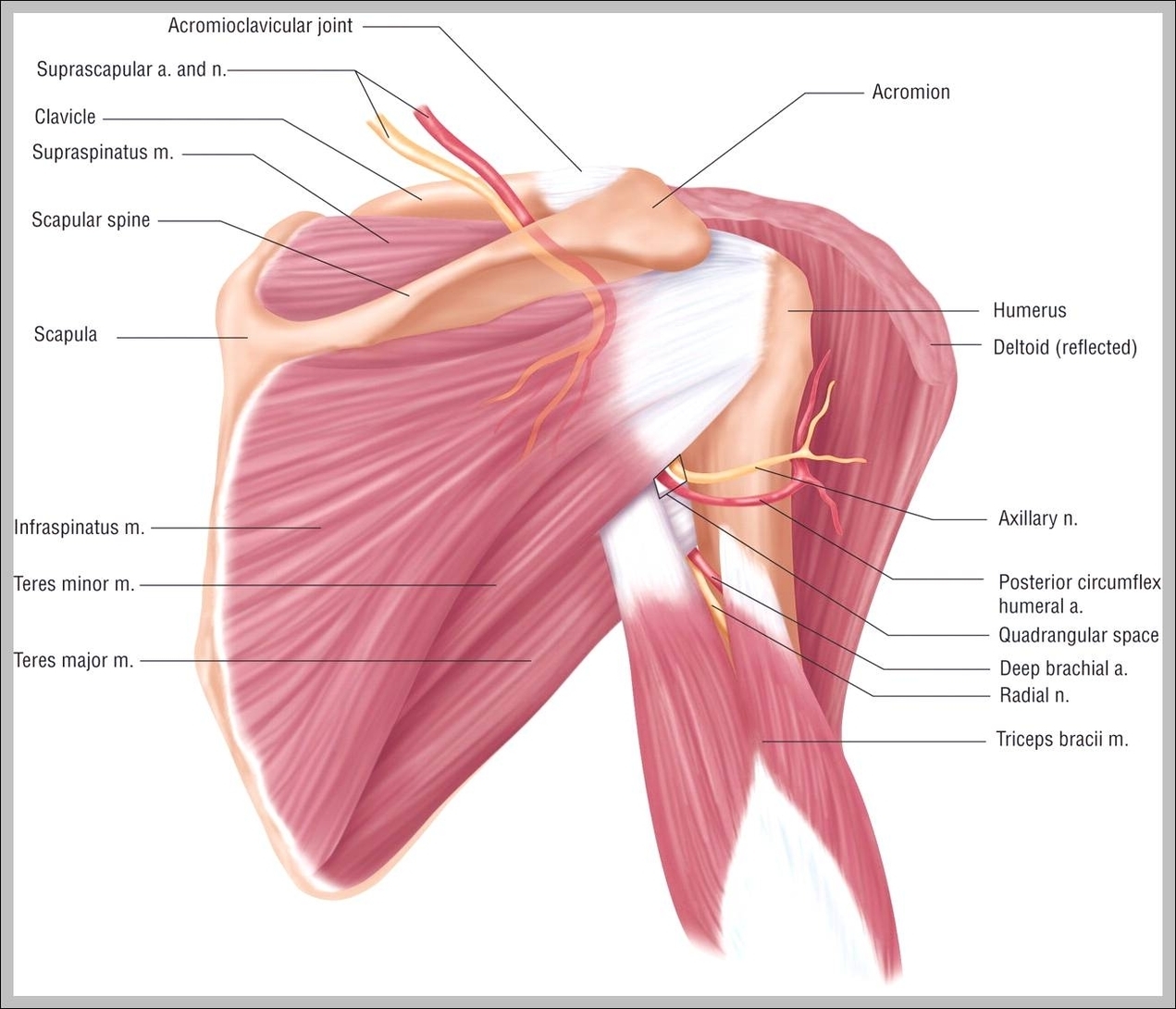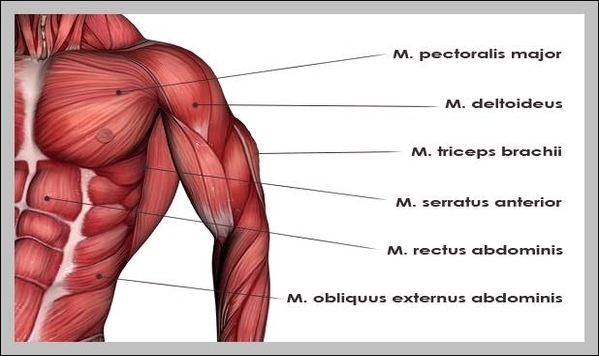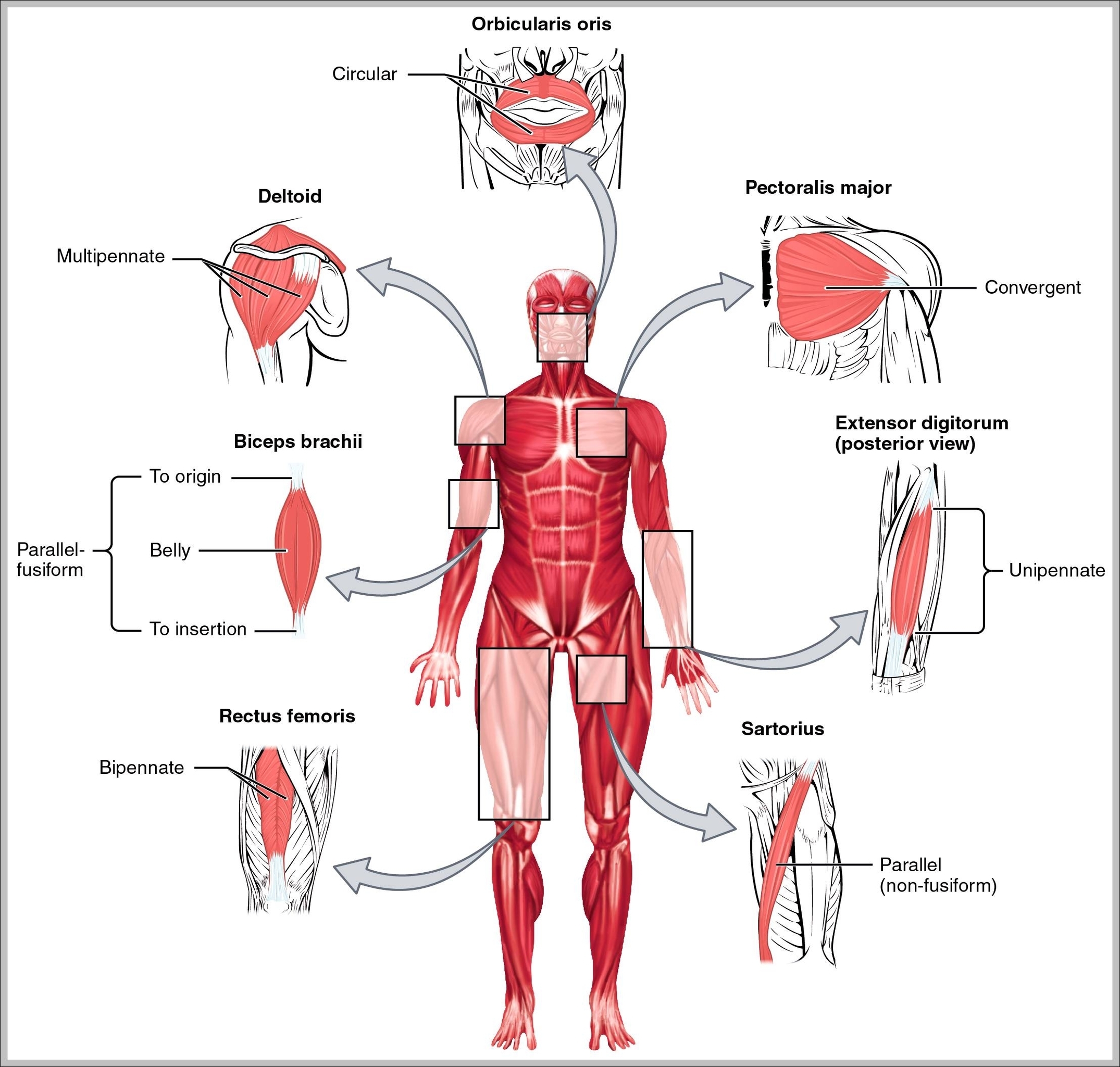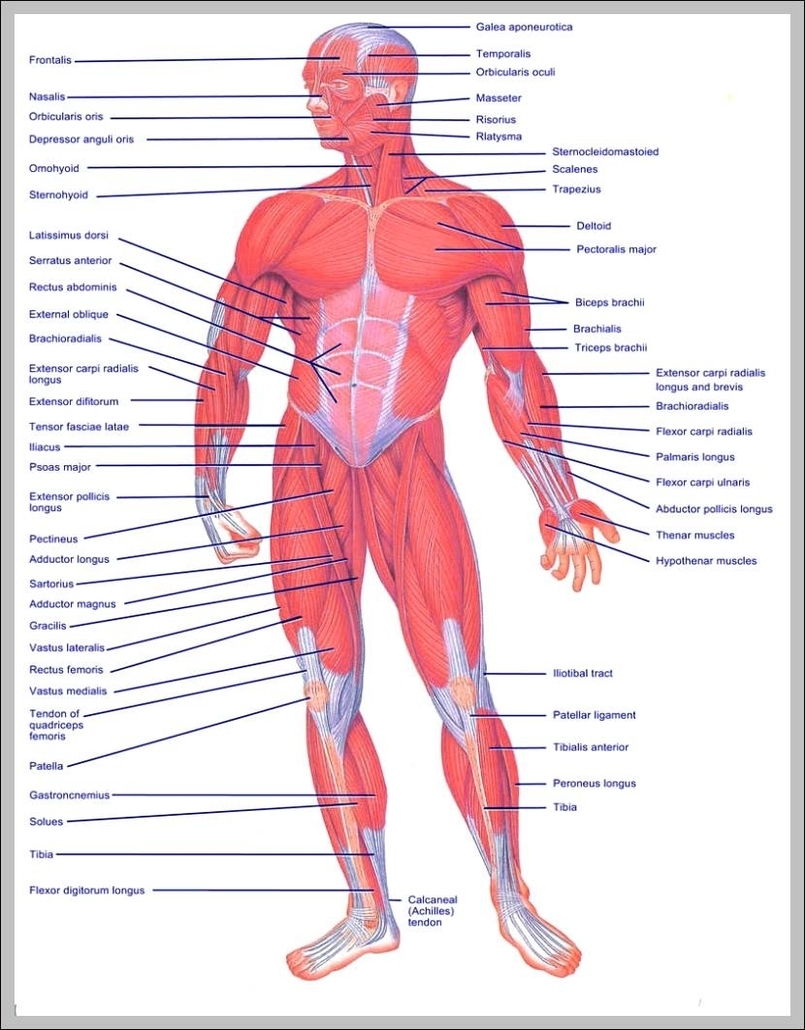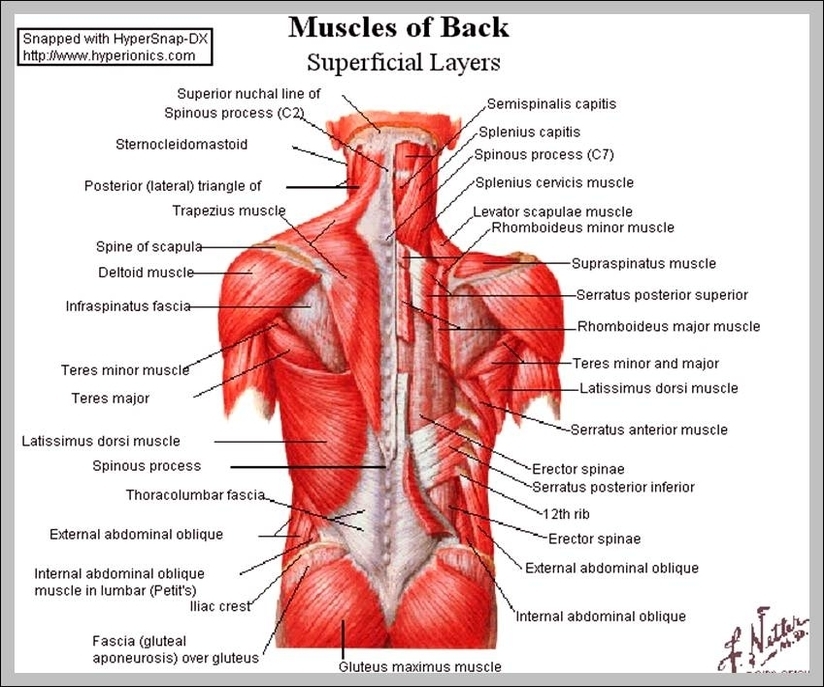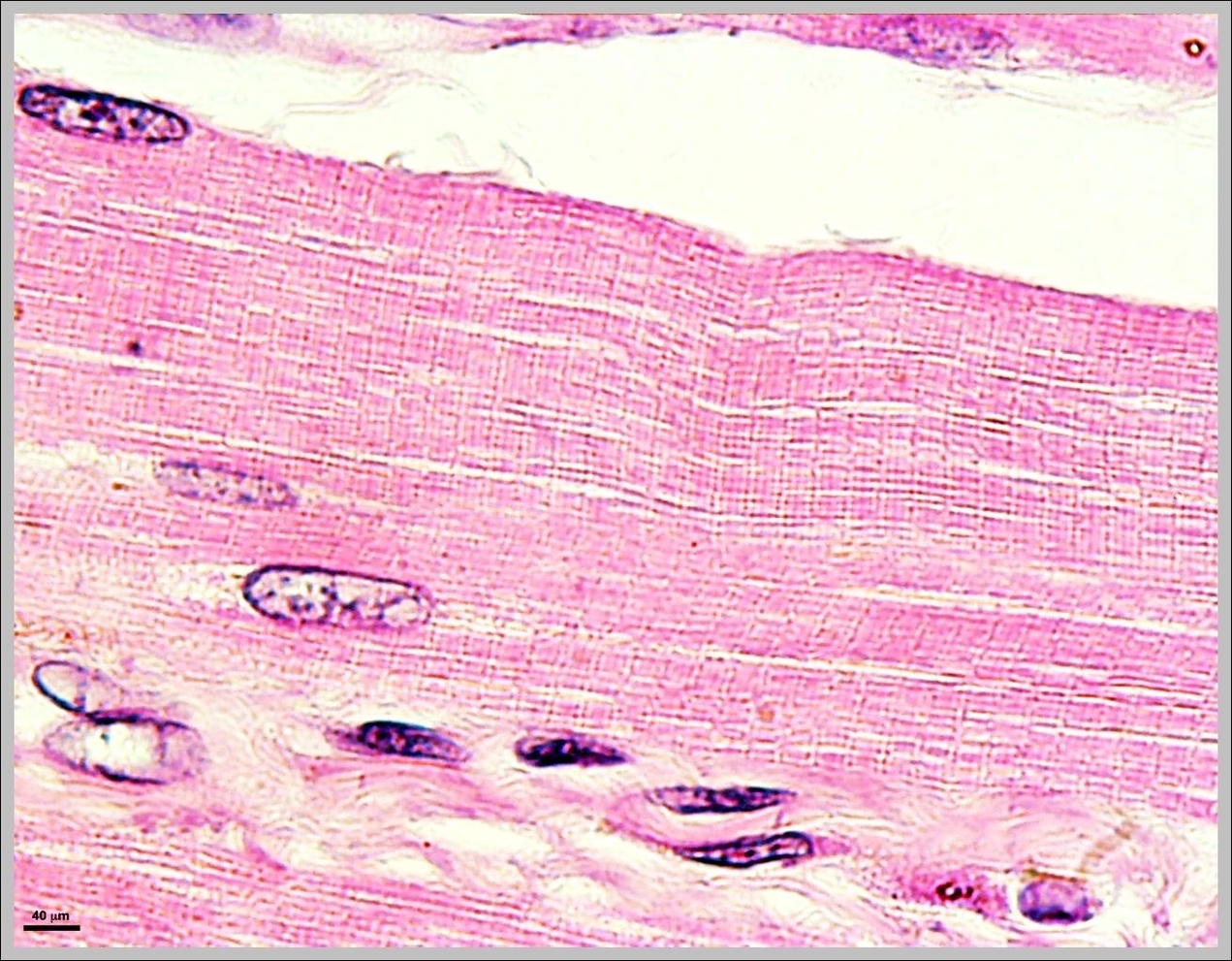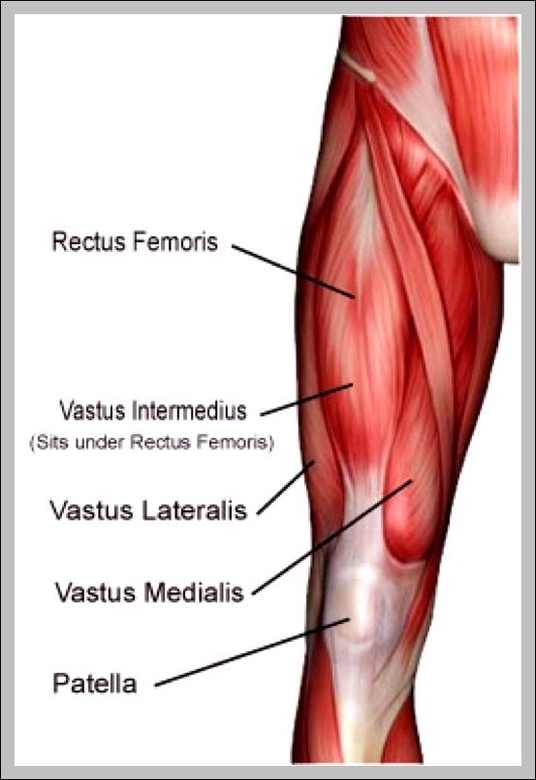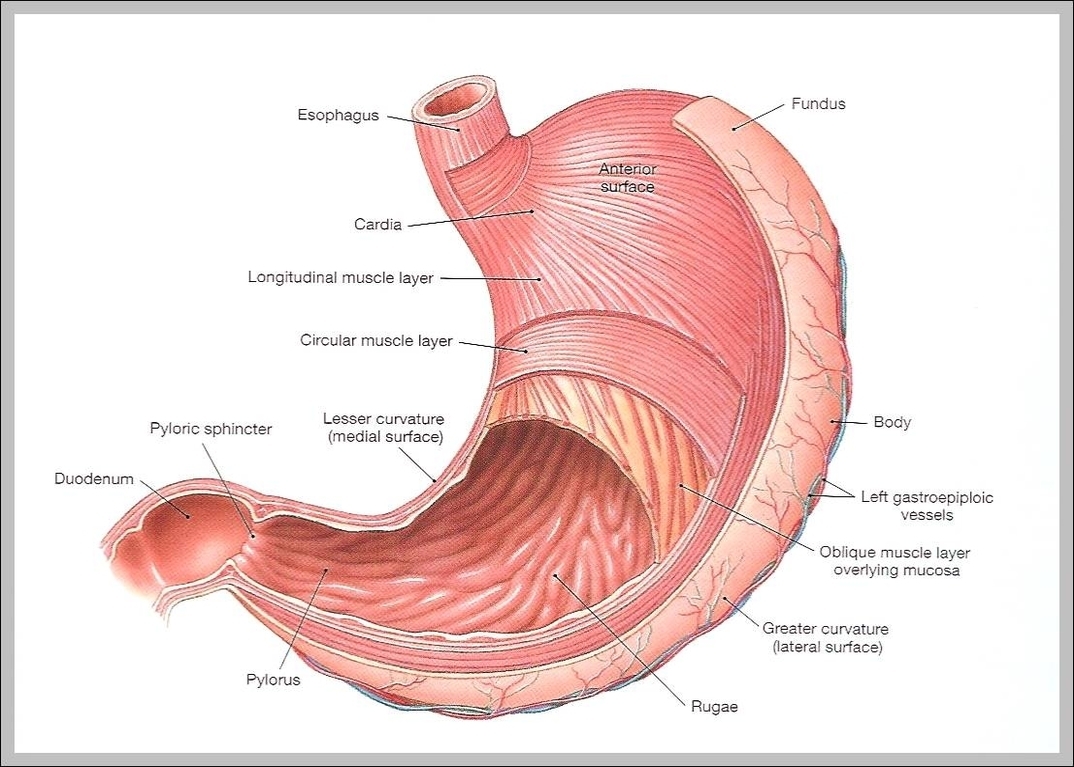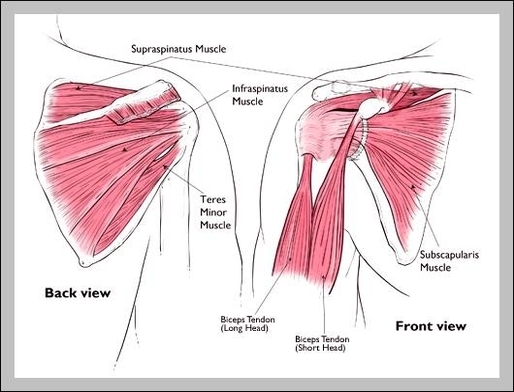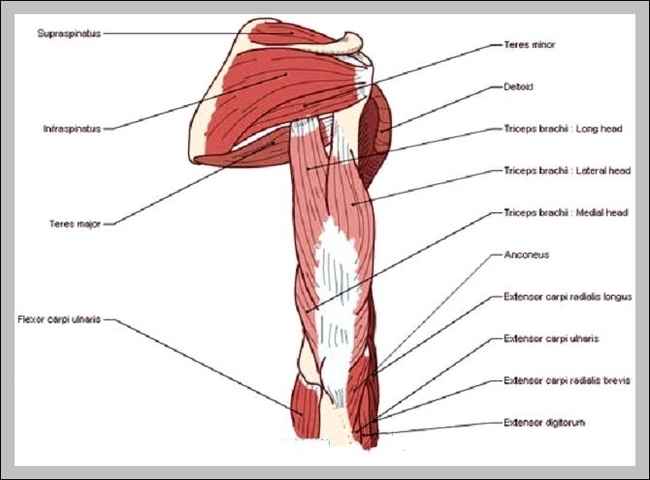Attached to the bones of the skeletal system are about 700 named muscles that make up roughly half of a person’s body weight. Each of these muscles is a discrete organ constructed of skeletal muscle tissue, blood vessels, tendons, and nerves.
This is a table of skeletal muscles of the human anatomy. There are around 640 skeletal muscles within the typical human body.
Cardiac and skeletal muscles are “striated” in that they contain sarcomeres and are packed into highly regular arrangements of bundles; smooth muscle has neither.
Skeletal Muscles Diagram Diagram - Chart - diagrams and charts with labels. This diagram depicts Skeletal Muscles Diagram